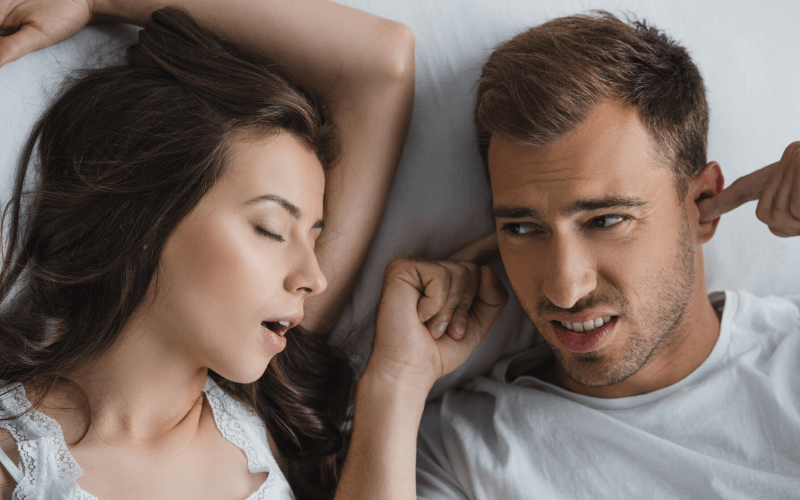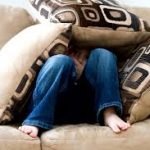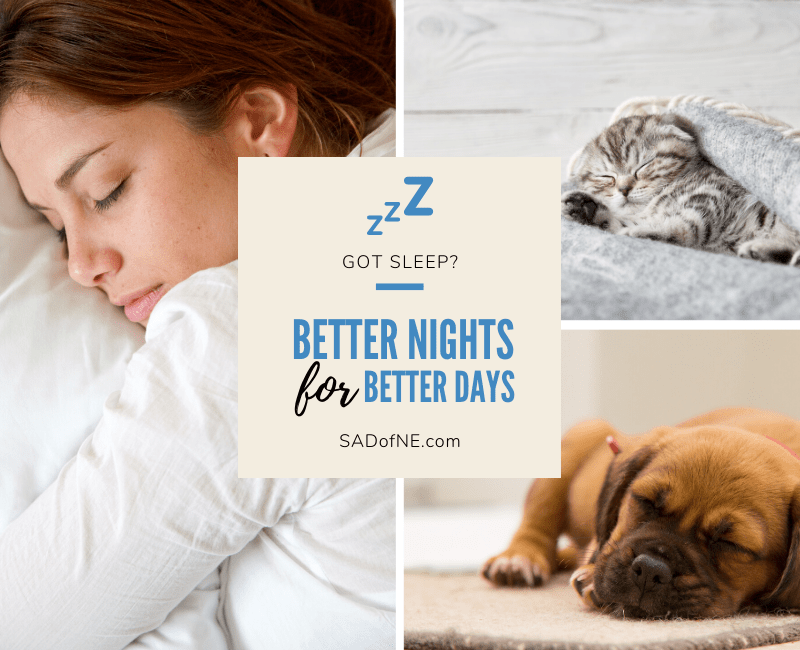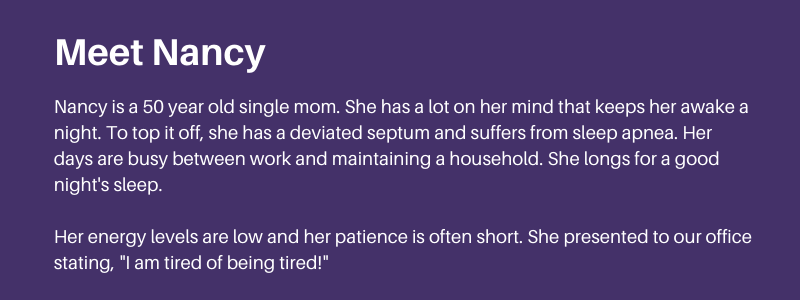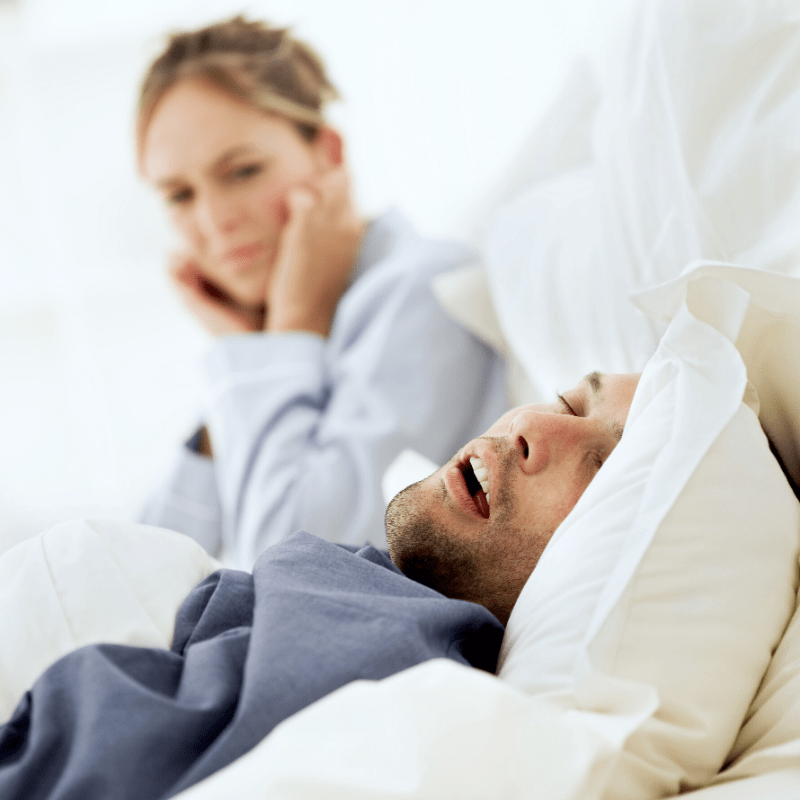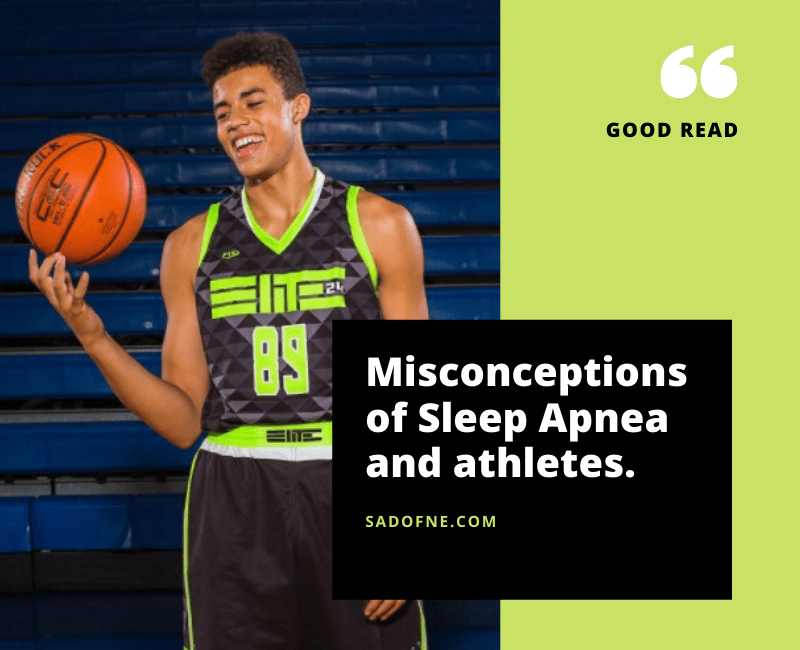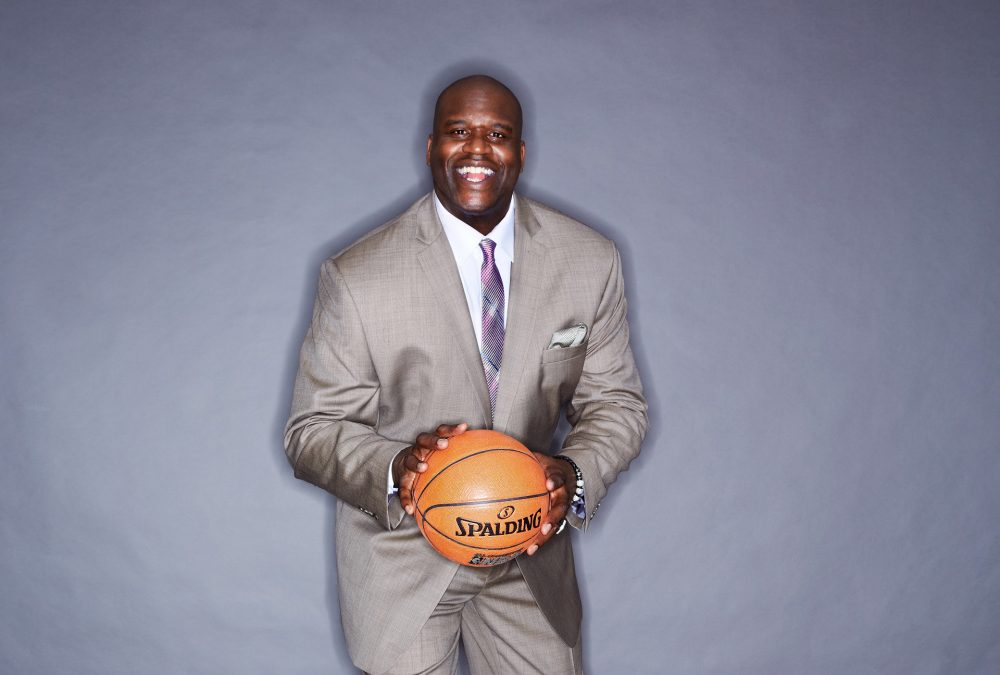5 reasons to start practicing mindfulness and how it can help you
Original Article CCN Health By Jen Rose Smith, CNN
(CNN)Are you paying attention? Maybe not. We spend nearly half our waking lives with wandering minds, Harvard University scientists found over a decade ago. When you’re trying to get something done — such as reading an article about mindfulness, for example — that wandering mind can derail your goals. “If we’re not paying attention to the present moment when we’re trying to get something done, that’s a problem, whether the goal is to read a book or talk to a partner,” said Amishi Jha, professor of psychology at the University of Miami. “Whatever it is, it’s going to require you to actually be in the moment to do it. “That’s where mindfulness comes in.
With roots in Eastern spiritual traditions, mindfulness has transformed into a secular practice in the West. The term encompasses a range of practices that include breathing exercises, guided meditations and more formal trainings. “It’s the antidote to mind wandering,” Jha said. “It’s paying attention to our present moment experience without editorializing or reacting to it. “Mindfulness is an effective way to quiet your mind. Benefits of mindfulness go beyond focus. Practicing mindfulness can be effective at improving focus, lessening pain, improving sleep, mitigating stress and easing feelings of anxiety and depression, studies have found in recent years. Those are five great reasons to try a mindfulness practice — and we’ve got five ways you can get started today. Enter your email to sign up for the Better Sleep newsletter. “close dialog”
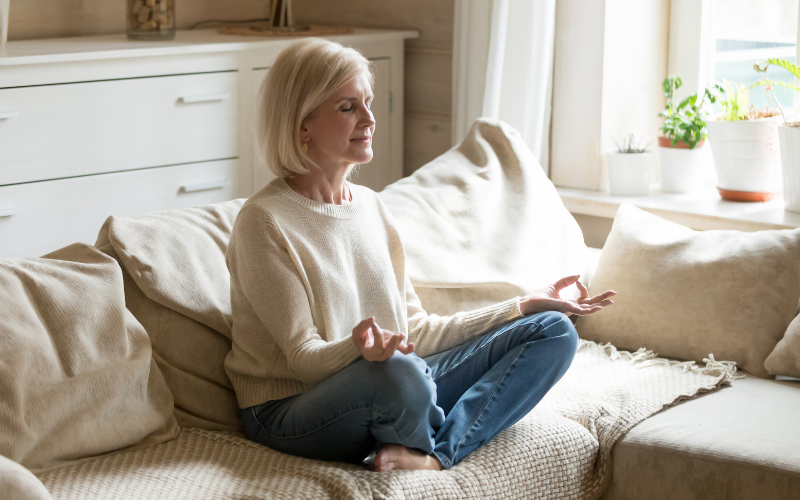
1. You want to fine-tune your focus
Constantly getting distracted is annoying, but it can be more serious than that annoyance. “When you are not paying attention to what is in front of you, in the moment, you’re going to have errors, you’re going to make mistakes, you’re likely to have lapses in judgment,” said University of Miami psychologist Jha, author of the forthcoming book “Peak Mind: Find Your Focus, Own Your Attention, Invest 12 Minutes a Day,” which explores how mindfulness can improve focus and attention.
This 5-minute meditation routine will calm you downShe works with military personnel and first responders, whose jobs require extreme focus in stressful situations. “If you have an attentional lapse, it could be the difference between life and death,” she said. Taking time for mindfulness is like strengthening a mental muscle, she said, and her lab has found positive results from just 12 minutes of daily practice.”It’s parallel to physical activity,” Jha said. “Engaging in a mindfulness practice is strengthening specific aspects of attention so that if we need them, we have access to that.”Try this: Join CNN’s Anderson Cooper for a guided meditation with mindfulness research pioneer Jon Kabat-Zinn
2. You’re living with chronic pain
More than a fifth of US adults have chronic pain, found the US Centers for Disease Control and Prevention in 2019, conditions that contribute to the country’s opioid epidemic.Mindfulness is a promising technique for managing symptoms while lessening prescription drug use, said Eric Garland, a distinguished endowed chair in research, professor and associate dean at The University of Utah College of Social Work.
These people started using drugs as children but turned their lives around. Here’s how.“Practice of mindfulness seems to help people cope with chronic pain, and reduce their overreliance on opioids,” he said. “Mindfulness breathing can immediately reduce pain” by 23%, according to Garland’s research.It’s not a long-lasting effect, he added. But his research has found that 15 minutes of mindful breathing is enough for a temporary reduction in pain.”It’s meditation as medication. You’re hurting, and you take some ibuprofen, and it works to alleviate pain,” he said. “The effects wear off in a couple of hours and you need to take another medicine. Mindfulness is similar.”Try this: Follow step-by-step instructions for a short body scan to address pain
3. You’d like a great night of sleep
Missing out on sleep is linked to chronic diseases and poor health, but more than 35% of US adults get fewer than the recommended seven to nine hours, according to the CDC.
Sleep hygiene: 8 ways to train your brain for better sleepIf you’re tossing and turning all night, a mindfulness practice may help, found a 2019 meta-analysis of 18 studies.A wide range of sleep-specific mindfulness meditations are available free online. A popular mindfulness-for-sleep technique is the “body scan,” an approach that outperformed cognitive behavioral therapy in a 2020 trial of adolescents with insomnia.Sign up for the Sleep, But Better newsletter series. Our seven-part guide has helpful hints to achieve better sleep.In a body scan sleep meditation created by UCLA’s Mindful Awareness Research Center, participants follow recorded instructions to notice sensations in each part of the body, starting at the top of the head and moving toward the feet and toes. The best part? It all happens in bed.Try this: Lie down and cue up UCLA’s 13-minute body scan for sleep
4. You’re feeling the effects of too much stress
“There’s definitely support for mindfulness reducing stress,” said Winston of UCLA’s Mindful Awareness Research Center. Years of research back the claim, though Winston noted that the studies’ definitions of stress can vary widely.
5 natural ways to boost your mental health during stressful timesThe eight-week mindfulness-based stress reduction program designed by mindfulness expert Jon Kabat-Zinn is a deep dive into practices attuned to alleviate stress. But many shorter guided meditations are available online, including from the UCLA Mindful Awareness Research Center.Such techniques may ease health problems that are commonly associated with stress. “It’s helpful with stress-related physical conditions,” Winston said. “It can impact blood pressure, it can boost the immune system, it can improve the healing response.”Try this: Stream Winston’s five-minute guided breathing mindfulness meditation
5. You’re dealing with pandemic anxiety
In mindfulness studies, “one of the easier effects to see is lowered anxiety,” said Susan Johnson, a professor of psychological science of The University of North Carolina at Charlotte, who noted the calming effect of sitting down and taking some deep, slow breaths.
Americans are not getting the mental health treatment they need, report says“It’s kind of like a glass of muddy water. You let it sit, and the mud settles, and you see things a little more clearly,” she said.Mindfulness has been shown to relieve anxiety and boost mood, welcome news amid a pandemic that has triggered a global mental health crisis.Try this: Take five minutes for a guided breathing practice from Zindel Segal, distinguished professor of psychology in mood disorders at the University of Toronto — Scarborough
The future — and limitations — of mindfulness science
Mindfulness is not a cure-all, despite a growing number of studies and eager headlines. Some mindfulness research fails to meet the strictest norms of study design, Johnson said.
The best yoga mats of 2021 (CNN Underscored)“Only about 10% of studies have active control groups,” she said. In a study with an active control group, some participants use mindfulness while others try a different activity entirely. It helps weed out the placebo effect.A 2021 meta-analysis in the British Medical Bulletin noted a need for more high-quality studies with larger sample sizes and more long-term follow-up. Evidence for some mindfulness benefits is robust, the study found, showing techniques can help with pain, insomnia, anxiety and stress. Evidence that mindfulness interventions help with post-traumatic stress disorder, attention deficit hyperactivity disorder, autism spectrum disorders and eating disorders — some of which have made splashy news in recent years — remain preliminary.”I think (mindfulness) can be beneficial. I do meditate myself,” said Johnson, who calls herself “a skeptic of the exaggerated claims that are made.”Get CNN Health’s weekly newsletter
Sign up here to get The Results Are In with Dr. Sanjay Gupta every Tuesday from the CNN Health team.And even when it comes to targeting conditions like anxiety and stress, where benefits of mindfulness are strongly supported by research, there are no guarantees. “Mindfulness is not for everybody,” noted UCLA’s Winston. “Some people really respond to it and love it, and others don’t find it helpful.” Winston, too, said enthusiasm about the possible benefits of mindfulness sometimes gets ahead of the research.”Just keep in mind that the research on mindfulness is very young, even though it’s very exciting,” she said. “There’s so much more to do.”

